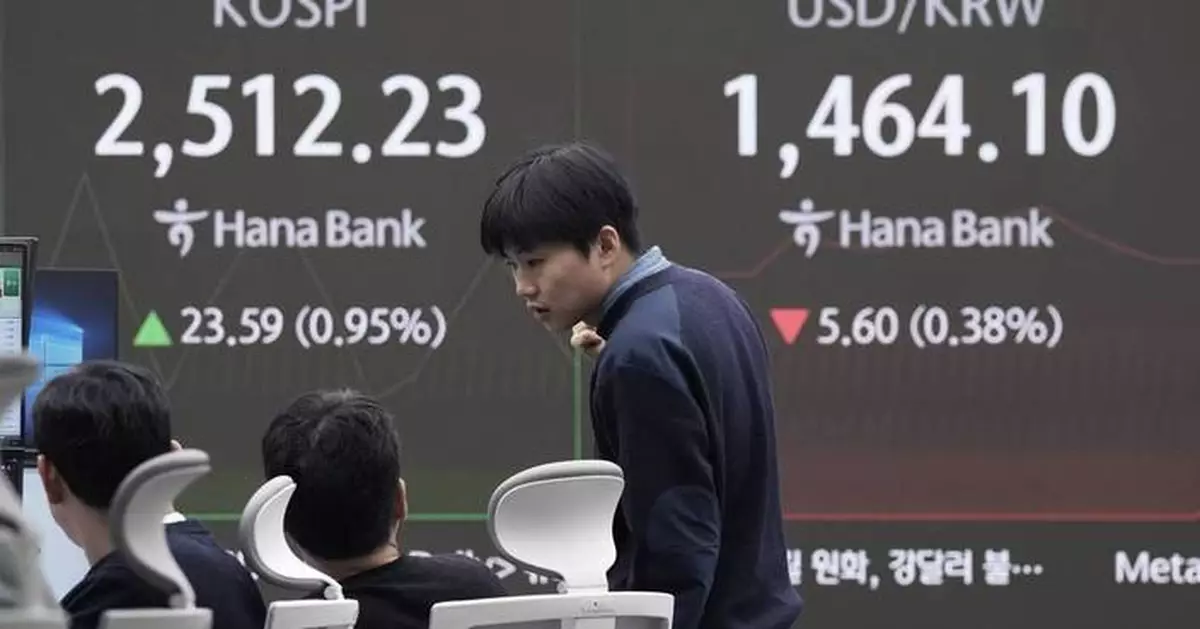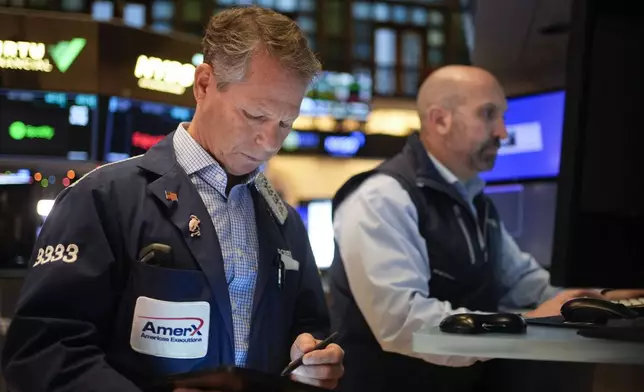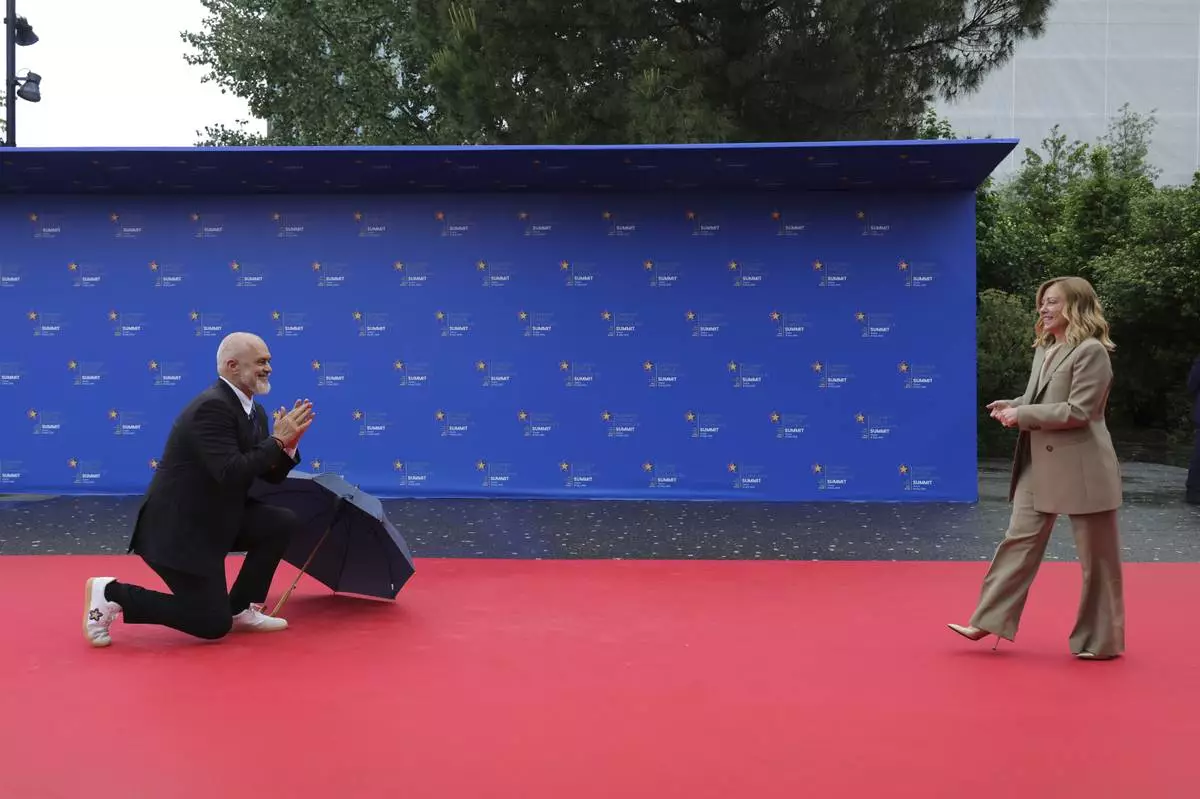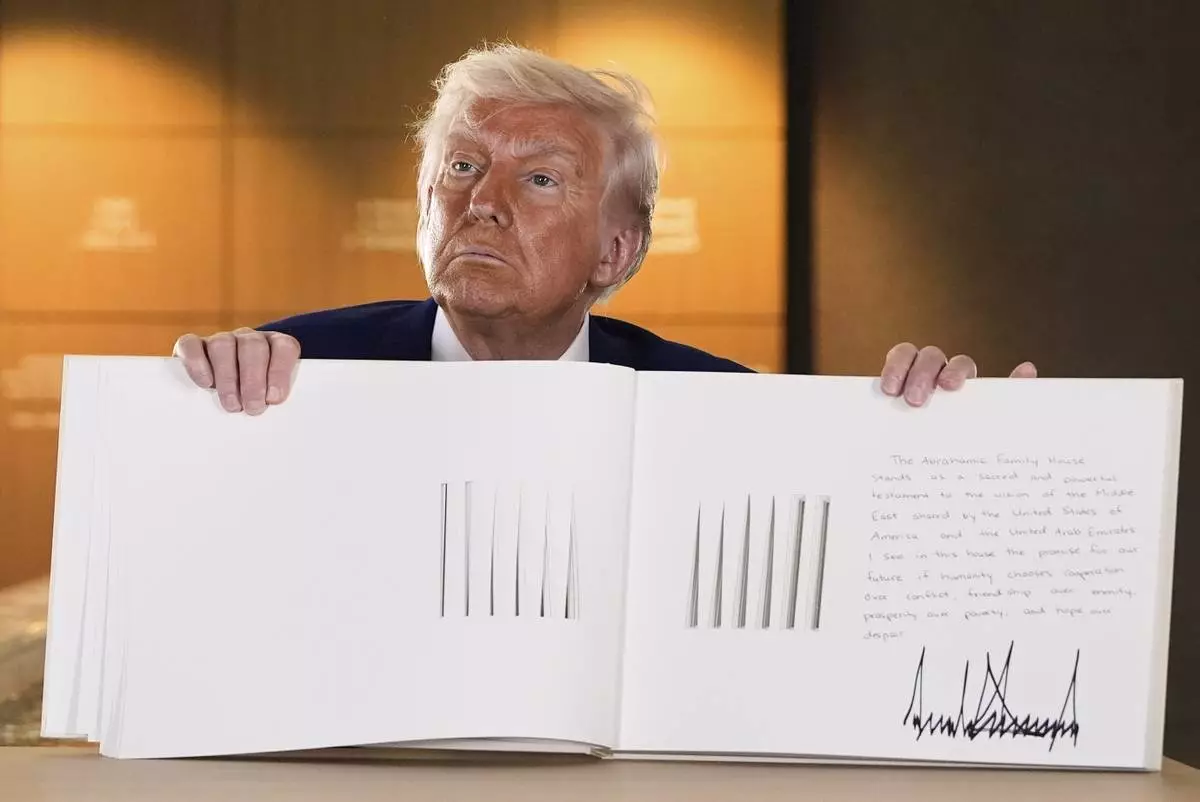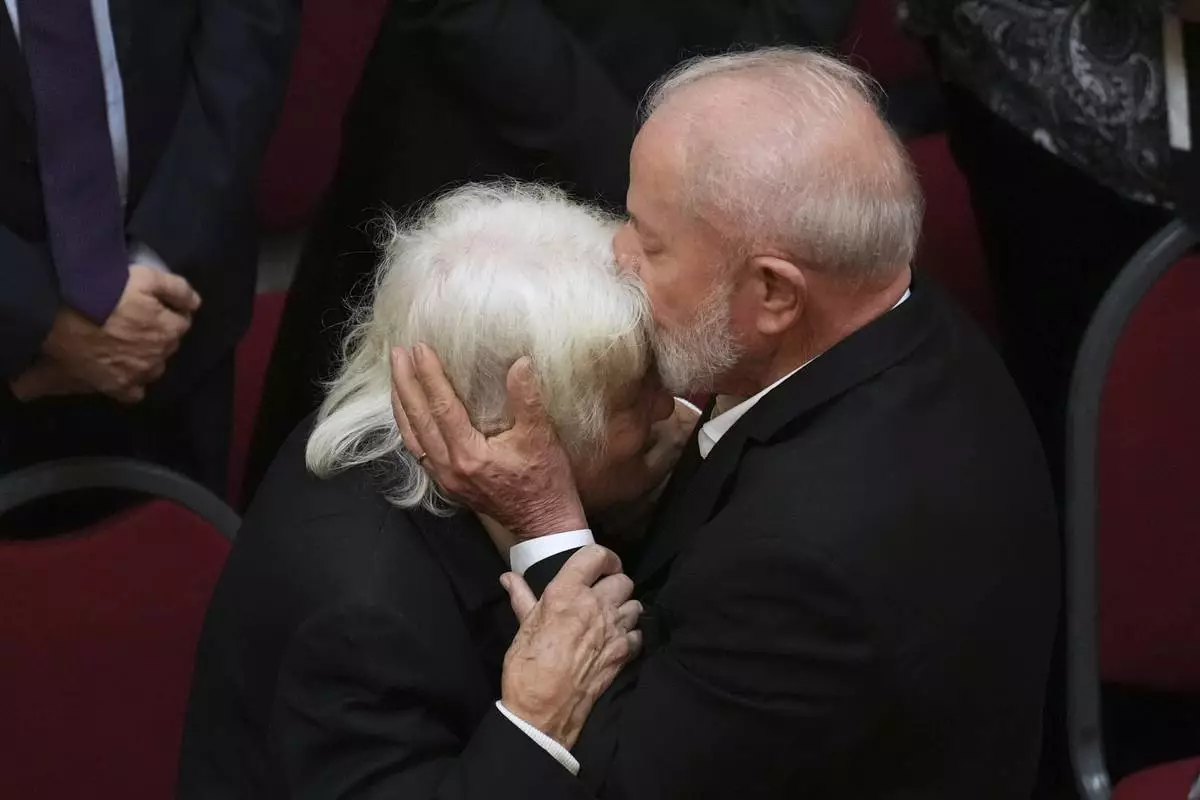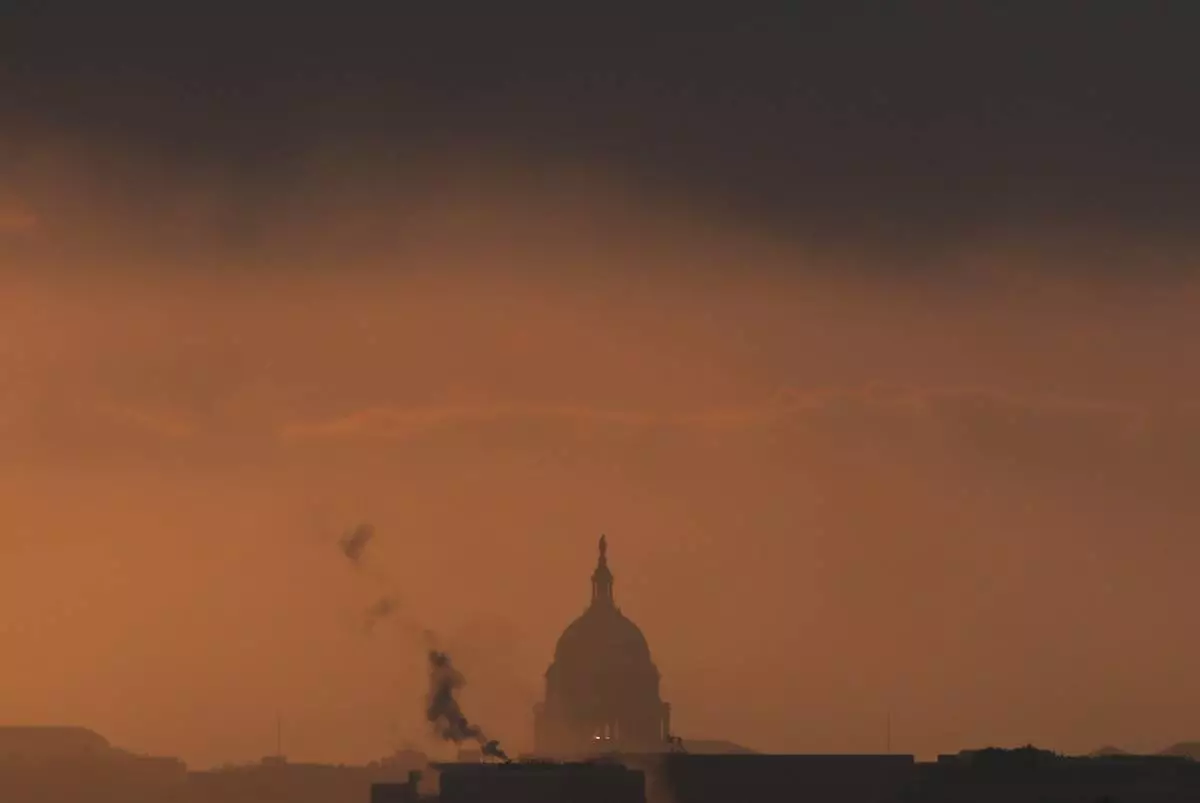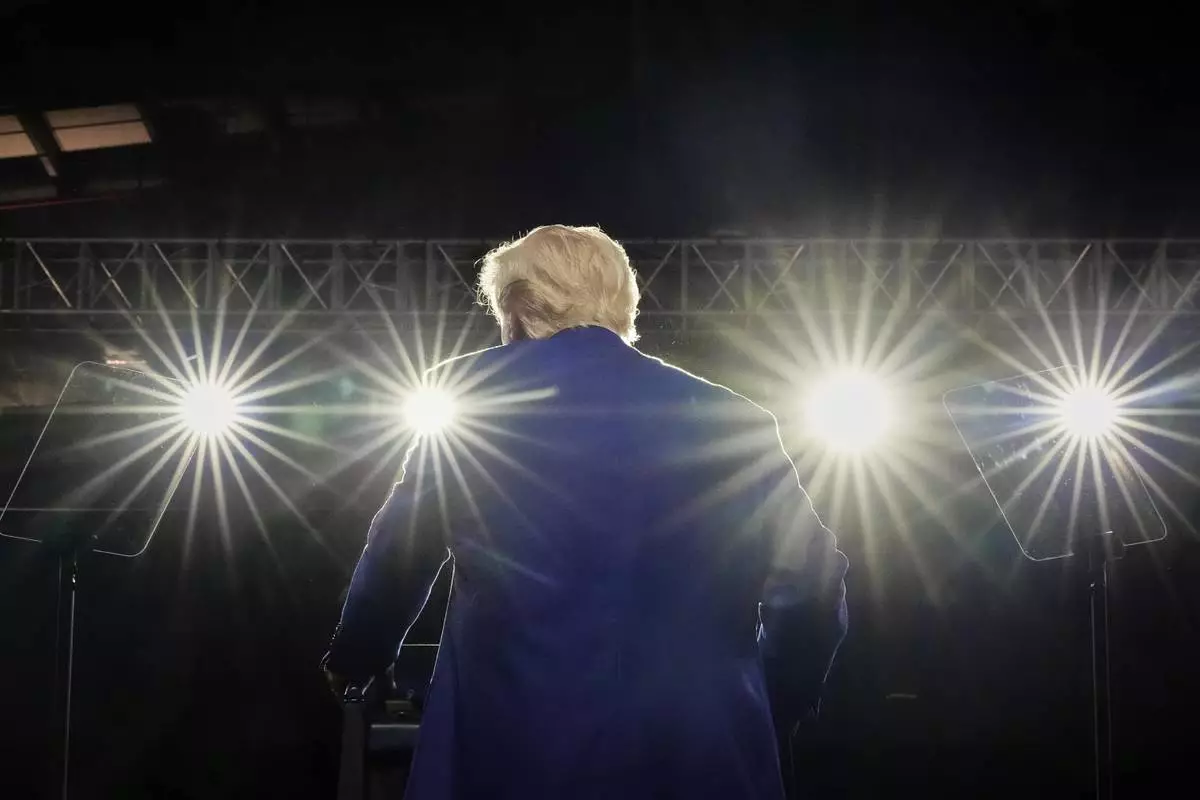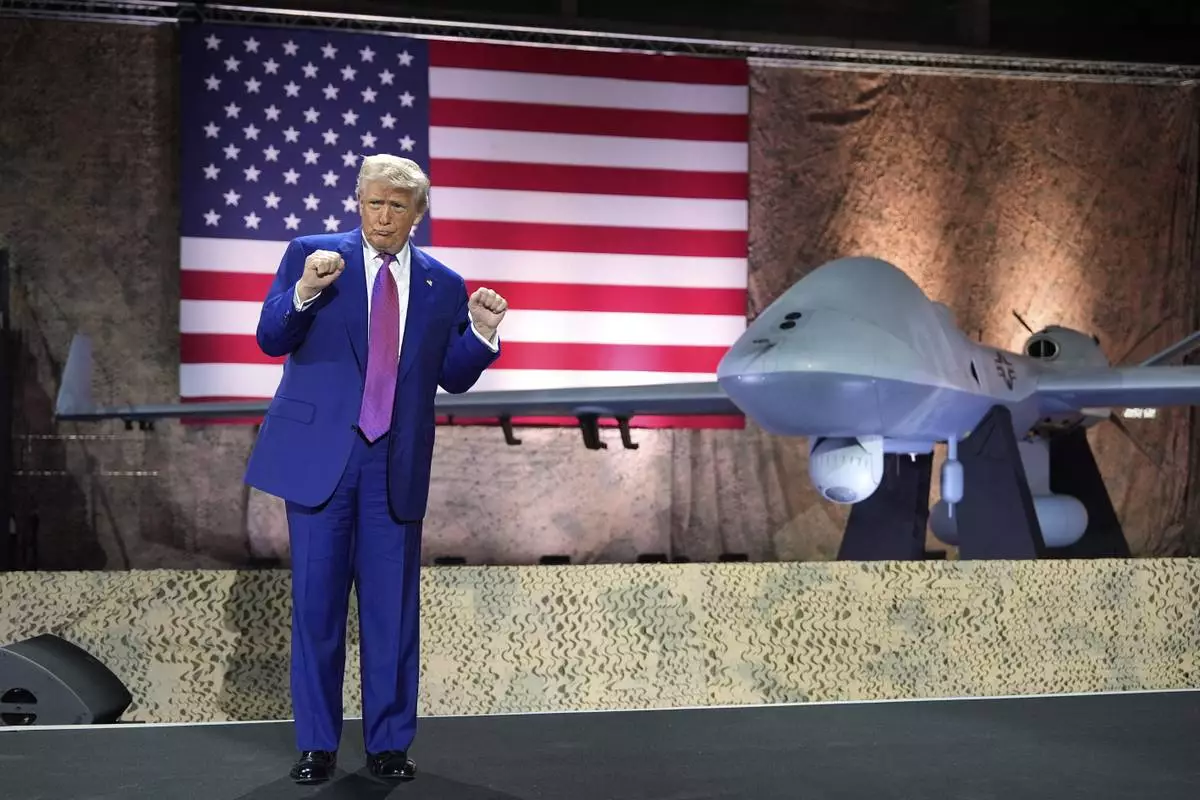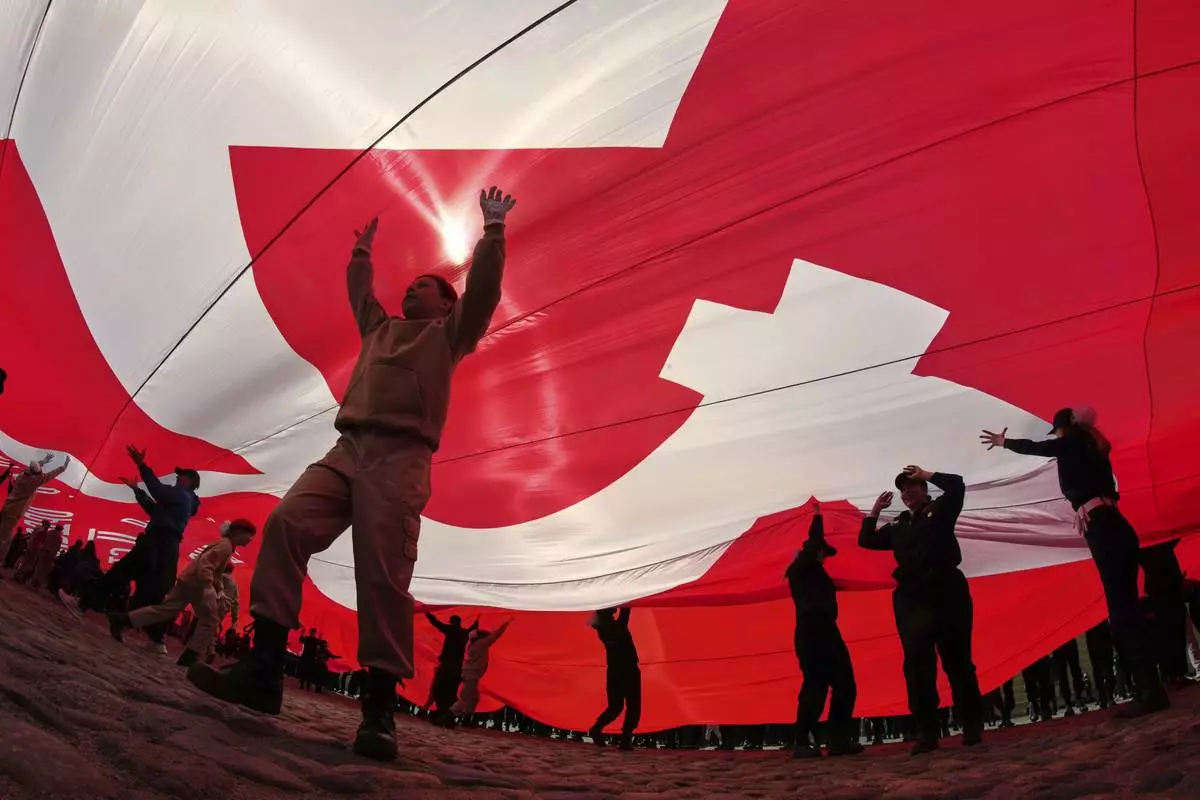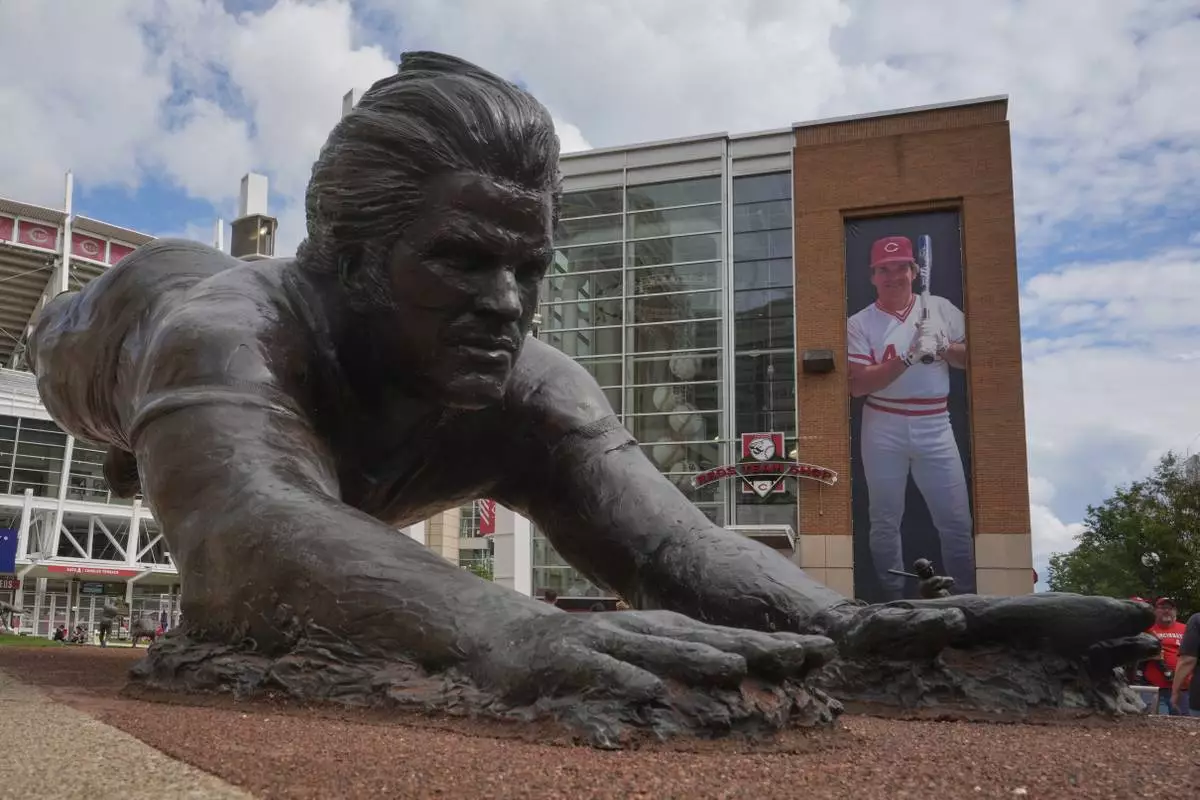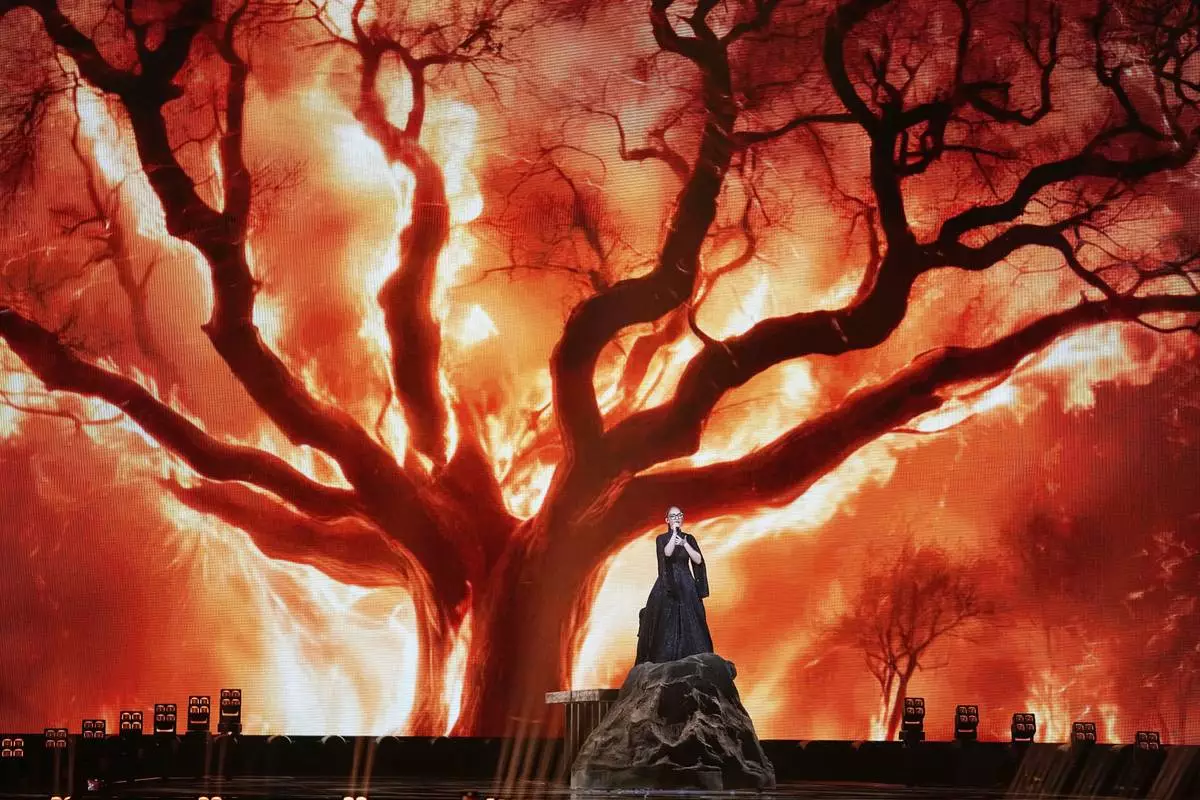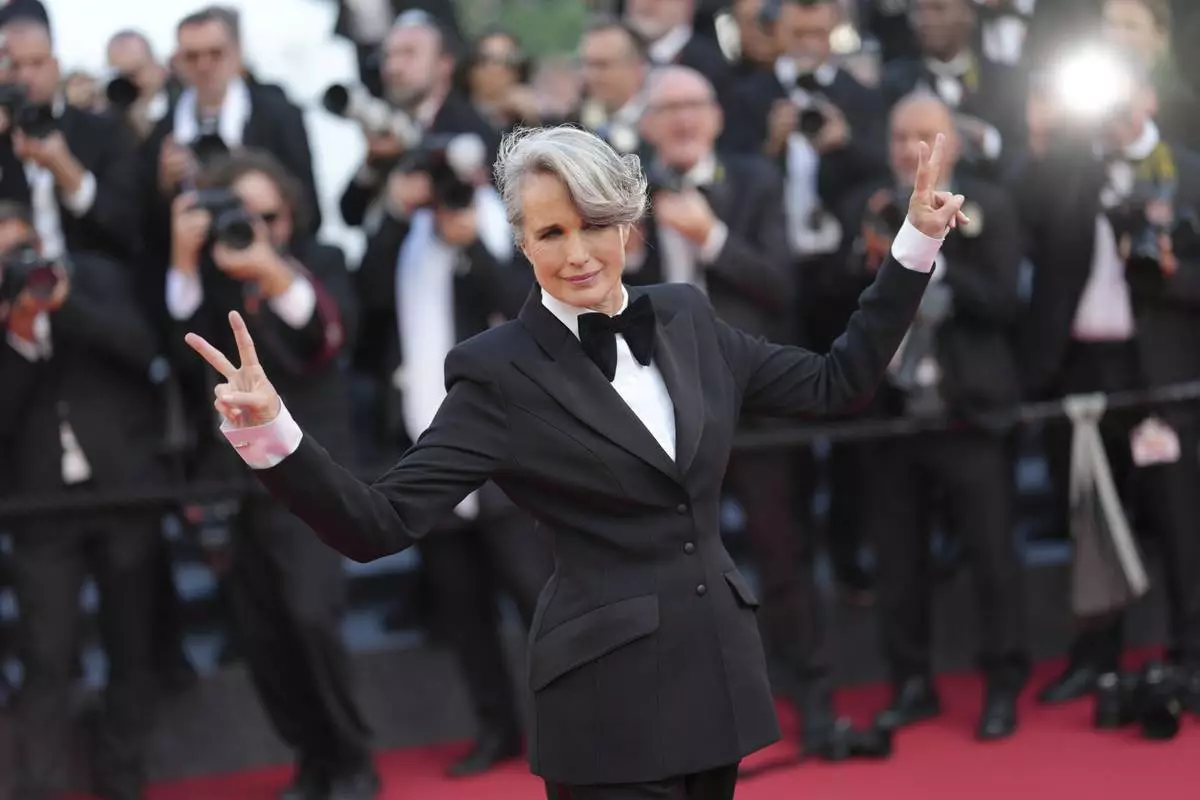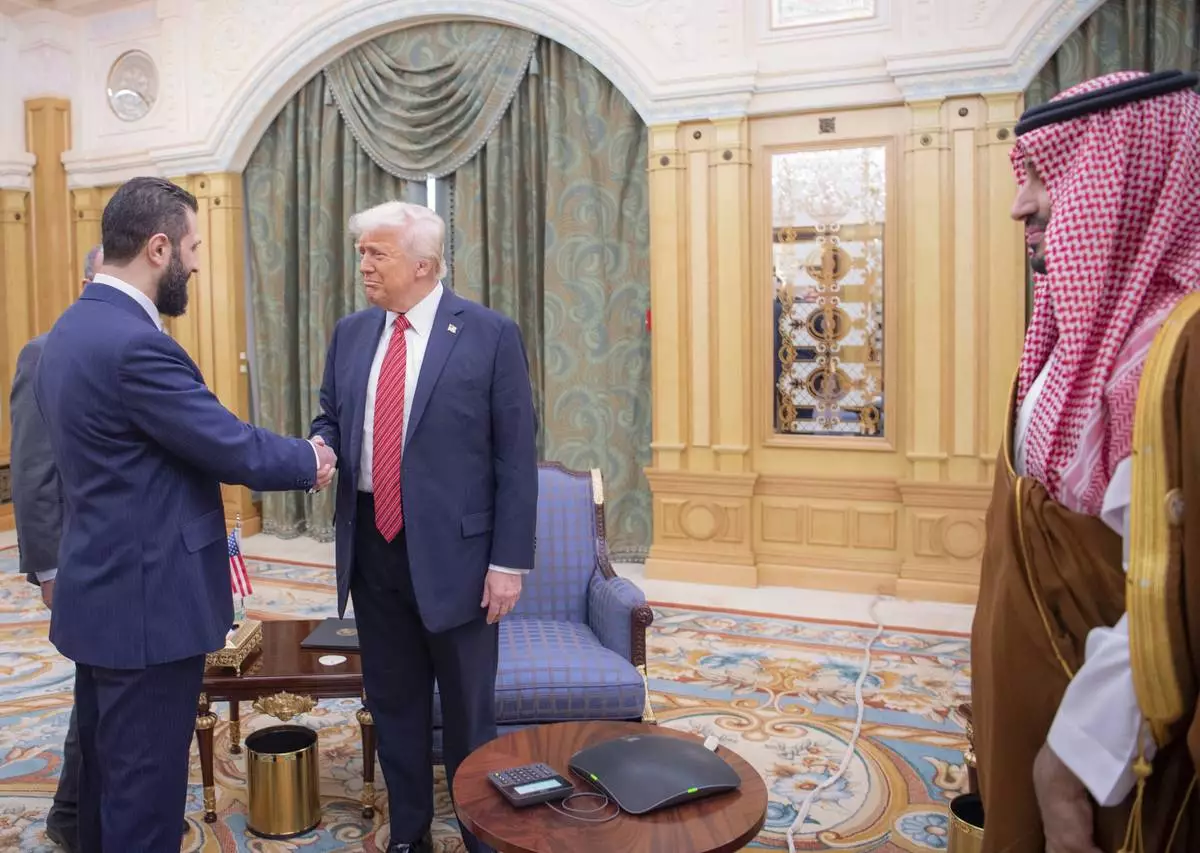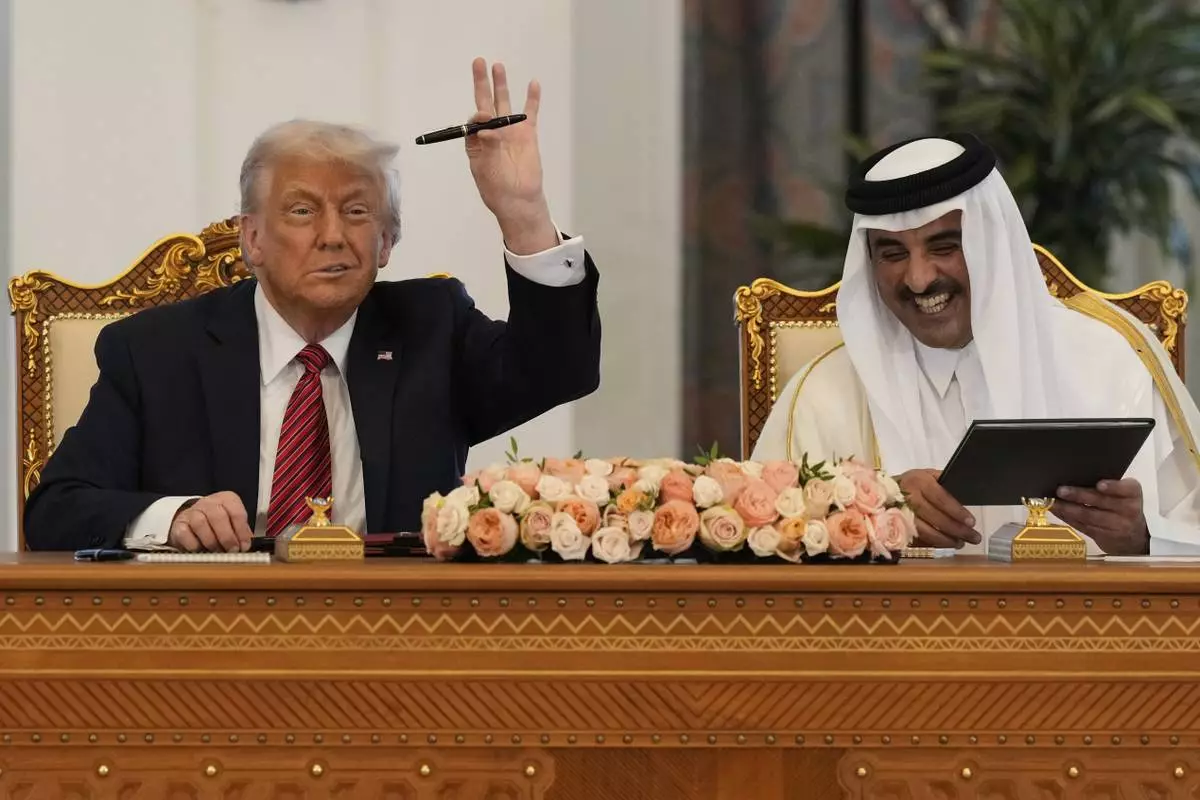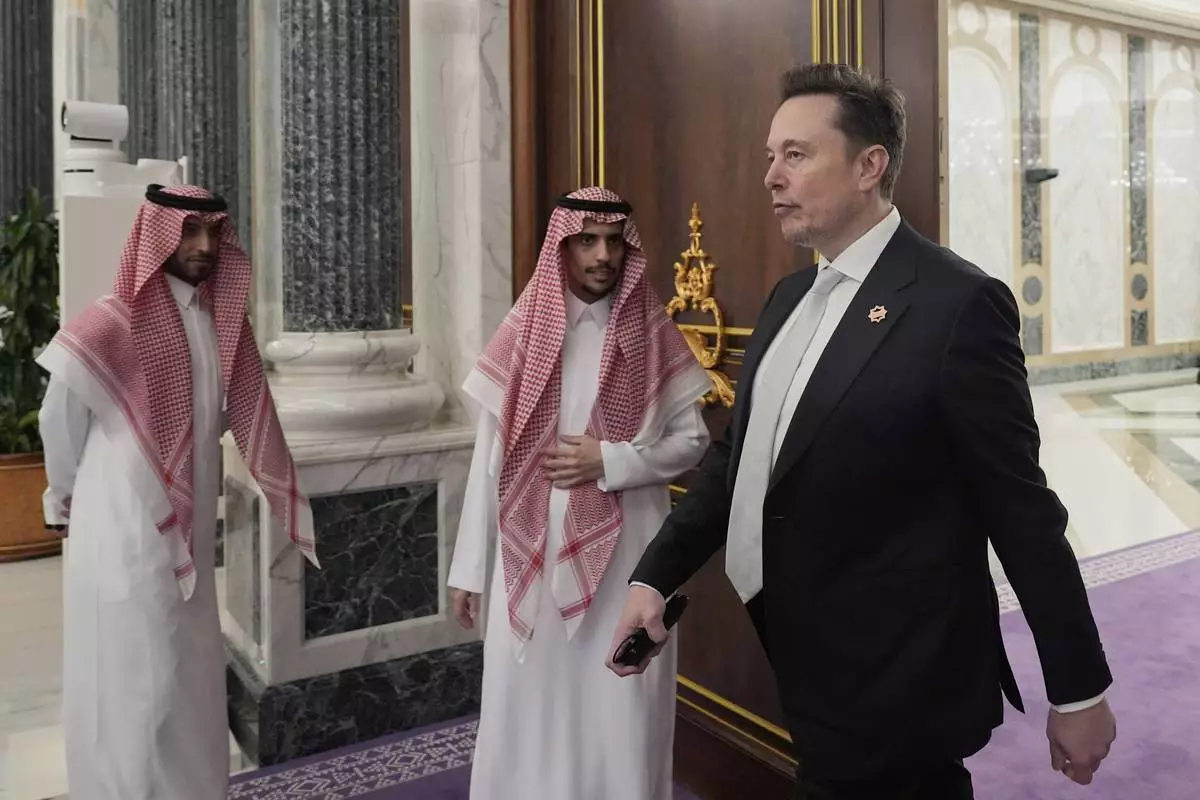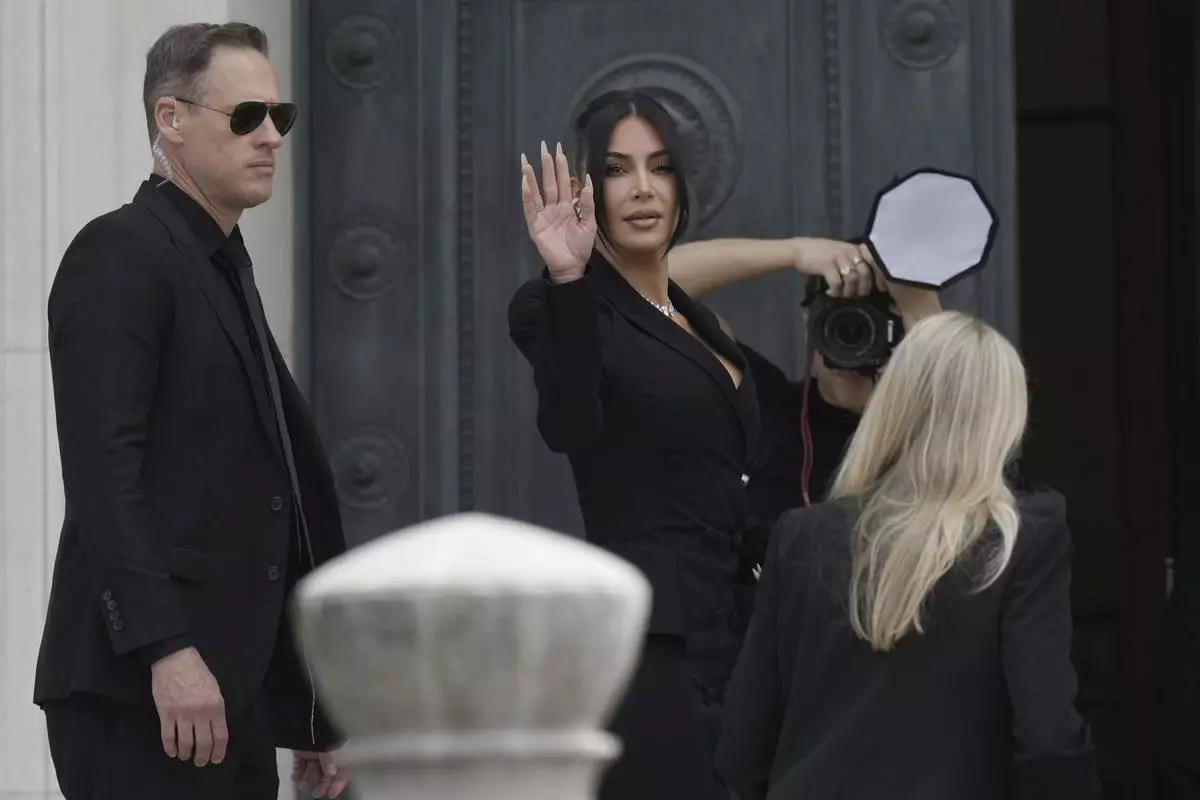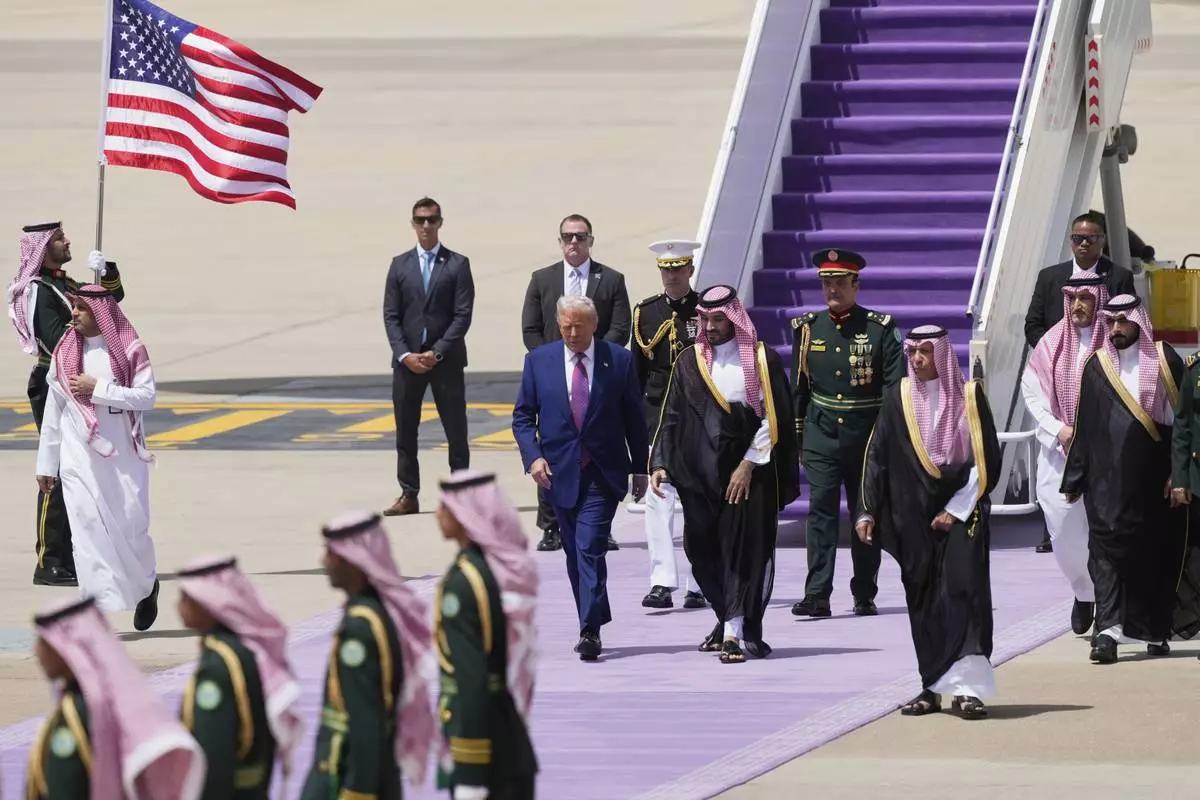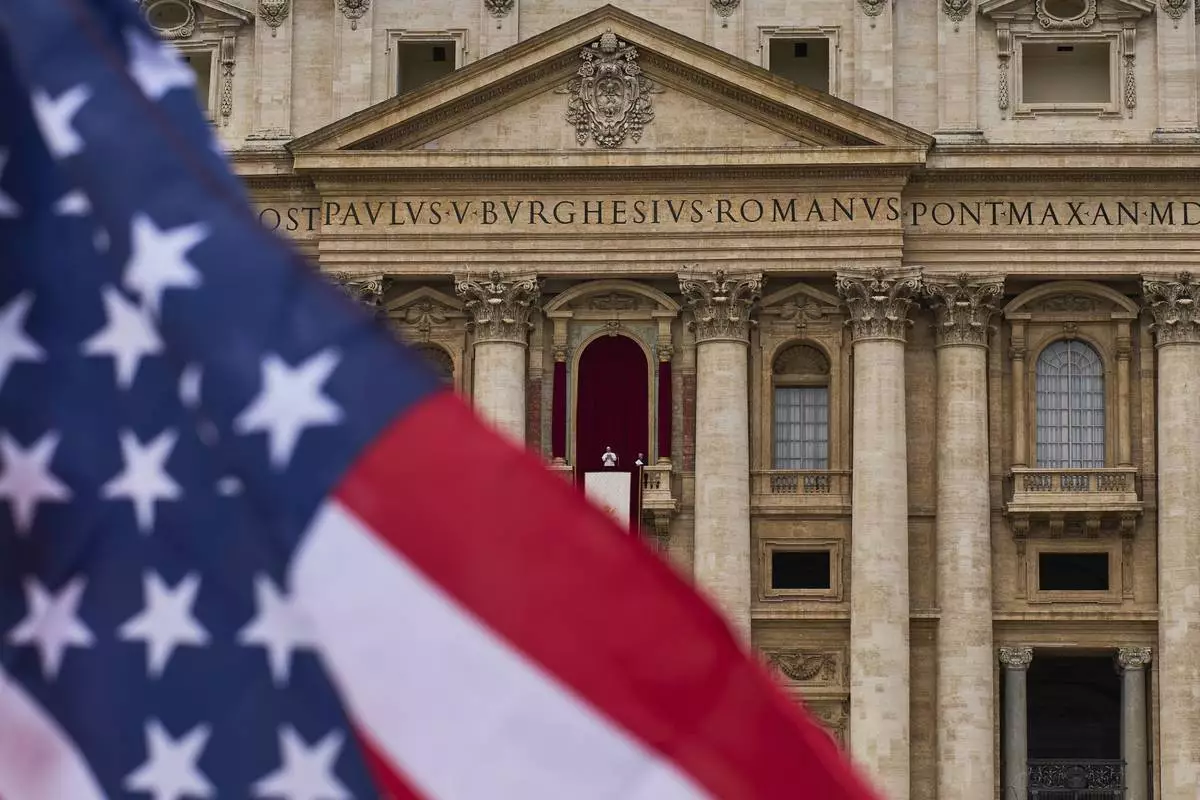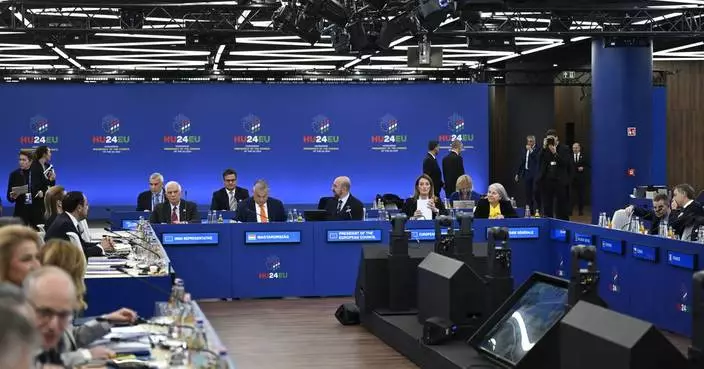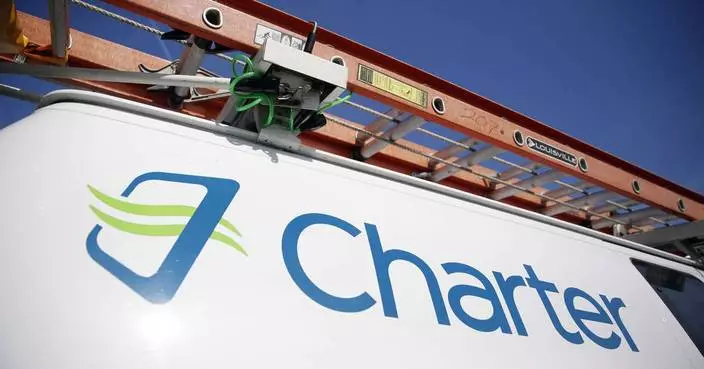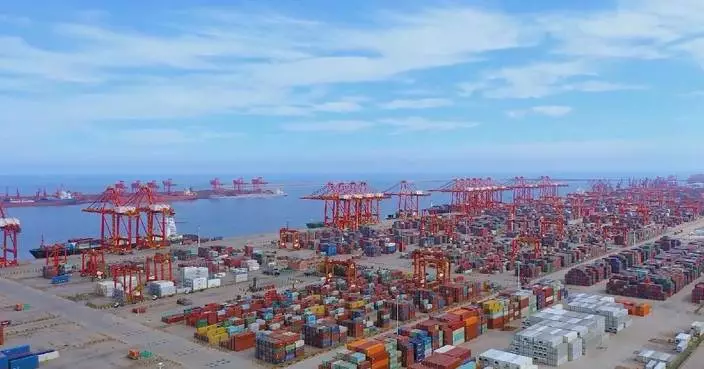NEW YORK (AP) — Good news on the U.S. economy is back to being bad for Wall Street, and the stock market slumped Tuesday following better-than-expected reports on the job market and business activity.
The S&P 500 fell 1.1% after giving up an early gain. The Dow Jones Industrial Average dropped 178 points, or 0.4%, while the Nasdaq composite tumbled 1.9%.
Stocks dropped under the weight of rising yields in the bond market, which jumped immediately after the release of the encouraging reports on the economy. One said U.S. employers were advertising more job openings at the end of November than economists expected. The other said activity for finance, retail and other services businesses grew much faster in December than expected.
The strong reports are of course good news for workers looking for jobs and for anyone worried about a possible recession that earlier seemed inevitable to pessimists. But such a solid economy could also keep up pressure on inflation, and it could make the Federal Reserve less likely to deliver the cuts to interest rates that Wall Street loves.
The Fed began cutting its main interest rate in September to give the economy a boost, but it’s hinted a slowdown in easing is coming. The threat of tariffs from President-elect Donald Trump has raised worries about possible upward pressure on inflation, which has stubbornly remained just above the Fed’s 2% target.
Tuesday’s report on U.S. services industries from the Institute for Supply Management also contained discouraging trends on inflation, saying price increases accelerated in December.
Expectations for fewer cuts to interest rates in 2025 had already been building for weeks, which sent longer-term Treasury yields upward. So have worries about other possible Trump policies, such as tax cuts, which could swell the U.S. government’s debt and likewise push yields higher.
Those higher yields make Treasury bonds more attractive to investors who might otherwise buy stocks, which in turn puts downward pressure on stock prices, and the super-safe bonds are paying notably more. The yield on a 10-year Treasury climbed to 4.69% from 4.63% shortly before the release of Tuesday’s reports and from just 4.15% in early December.
High yields can put heavy pressure on stocks seen as the most expensive, which pulls the lens toward Nvidia and other Big Tech stocks that have soared in the frenzy around artificial-intelligence technology.
Nvidia had been on track to set another all-time high in morning trading, after CEO Jensen Huang unveiled a suite of new products and partnerships the night before. He talked up the potential for AI technology in robotics, among other opportunities for big growth.
But after Tuesday morning's economic reports, which hit the market after its first half hour of trading, Nvidia swung to a loss of 6.2% and became the heaviest weight on the S&P 500. Losses for Amazon, Tesla, Apple and Microsoft were the next-strongest forces dragging the index lower.
Now that worries from the summer about a potentially slowing U.S. economy have abated and the 10-year Treasury yield is firmly above 4.50%, “we believe the market is shifting into a ‘good news is bad news’ environment again,” according to Bank of America strategists led by Ohsung Kwon.
That raises the stakes for Friday’s coming update on the U.S. job market, which economists expect will show a slowdown in overall hiring. They’re looking for growth of 156,500 jobs in December, according to FactSet.
A “Goldilocks” reading for the U.S. stock market that would be solid but not too strong for the Fed would likely be in the 125,000 to 175,000 range, along with an unemployment rate of 4.2%, according to Bank of America.
Helping to keep Tuesday’s losses for U.S. stock indexes in check was Cintas, which rose 2% after making public its offer to buy its smaller rival, UniFirst, for $275 per share in cash.
Cintas said it first made that offer in November but has been unable to get UniFirst’s board to meet. UniFirst had rejected an earlier offer of $255 per share, said Cintas, which provides uniforms, restroom supplies, fire extinguishers and other products to businesses.
UniFirst jumped 20.9% to $204.69, below Cintas’ offer price.
Elsewhere on Wall Street, Shutterstock and Getty climbed after they announced they were joining to become a $3.7 billion visual content company to provide customers with a broader array of still imagery, video, music, 3D and other media.
Getty Images shareholders will own a slight majority of the combined company. Getty shares jumped 24.1%, while Shutterstock climbed 14.8%.
All told, the S&P 500 fell 66.35 points to 5,909.03. The Dow Jones Industrial Average slipped 178.20 to 42,528.36, and the Nasdaq composite sank 375.30 to 19,489.68.
In stock markets abroad, some notable Chinese companies fell after the U.S. Defense Department added dozens of them to a list of companies it says have ties to China’s military. The announcement caused some of the companies to protest and say they will seek to have the decision reversed.
Added to the list were gaming and technology company Tencent, artificial intelligence firm SenseTime and the world’s biggest battery maker CATL. Tencent’s stock that trades in Hong Kong fell 7.3%.
That helped pull the Hang Seng index down 1.2%, but indexes were stronger elsewhere in China and across much of Asia and Europe.
AP Business Writers Yuri Kageyama and Matt Ott contributed.

Traders work on the floor at the New York Stock Exchange in New York's Financial District Thursday, Jan. 2, 2025. (AP Photo/Seth Wenig)
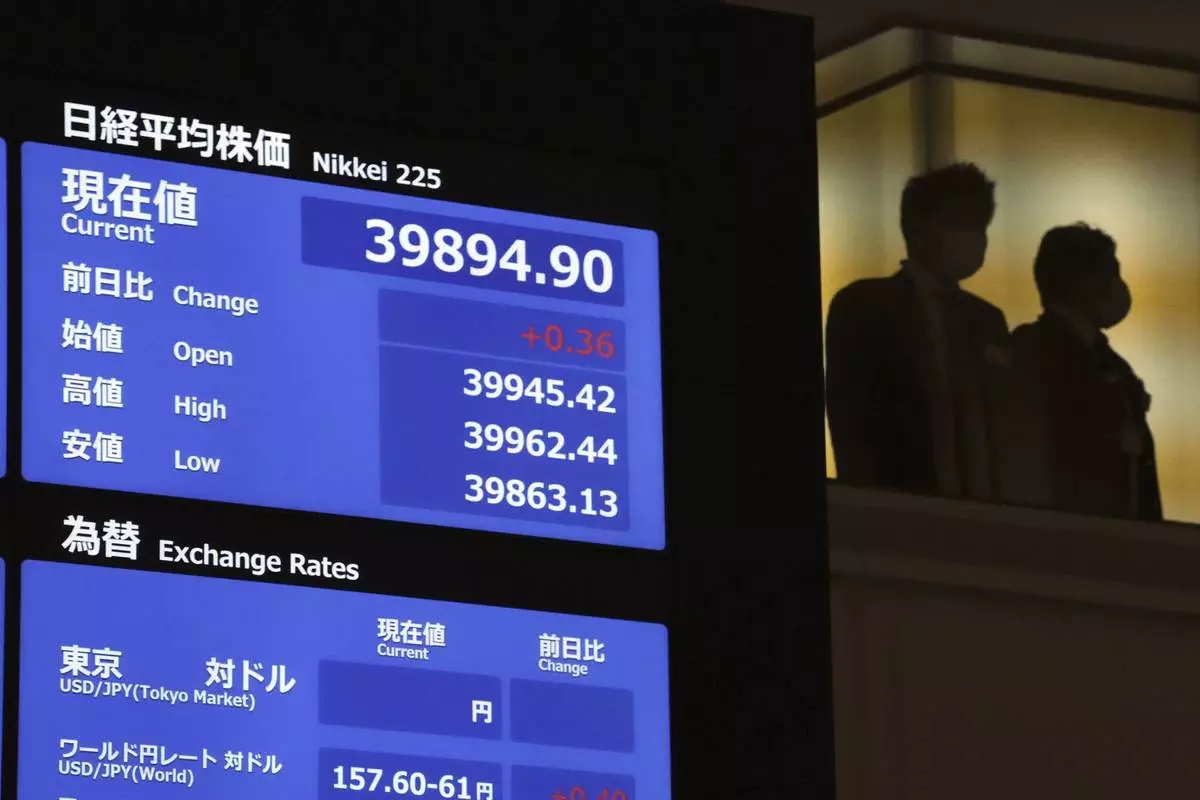
Stock price board is seen after a ceremony marking the start of this year's trading Tokyo Stock Exchange Monday, Jan. 6, 2025, in Tokyo. (AP Photo/Eugene Hoshiko)
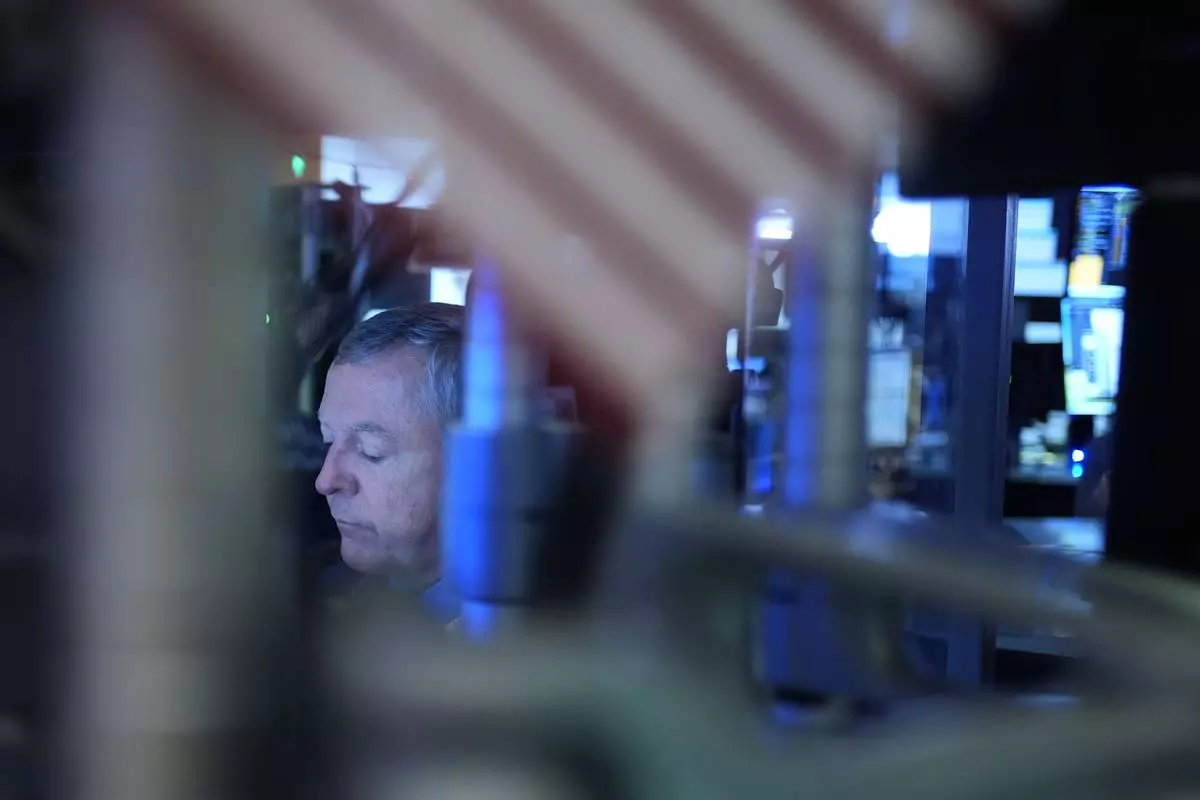
A trader works on the floor at the New York Stock Exchange in New York's Financial District Thursday, Jan. 2, 2025. (AP Photo/Seth Wenig)
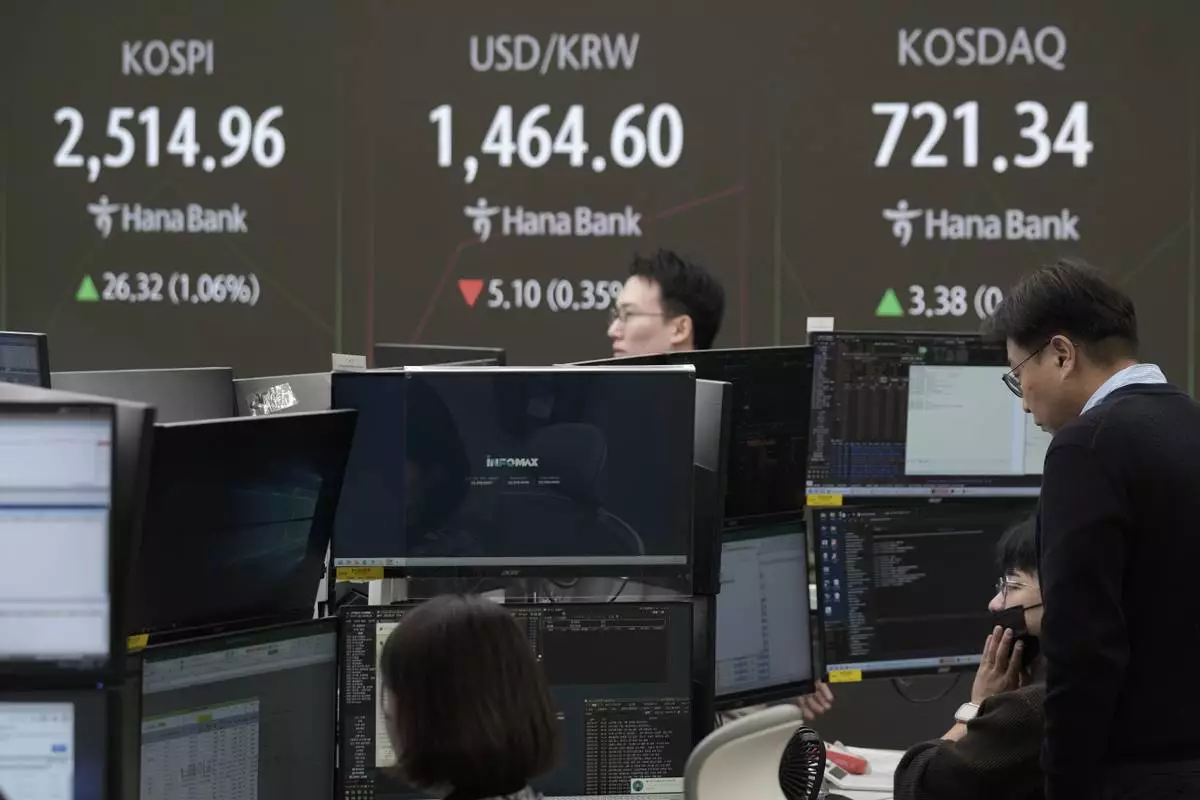
Currency traders work near a screen showing the Korea Composite Stock Price Index (KOSPI), top left, and the foreign exchange rate between U.S. dollar and South Korean won, top center, at the foreign exchange dealing room of the KEB Hana Bank headquarters in Seoul, South Korea, Tuesday, Jan. 7, 2025. (AP Photo/Ahn Young-joon)
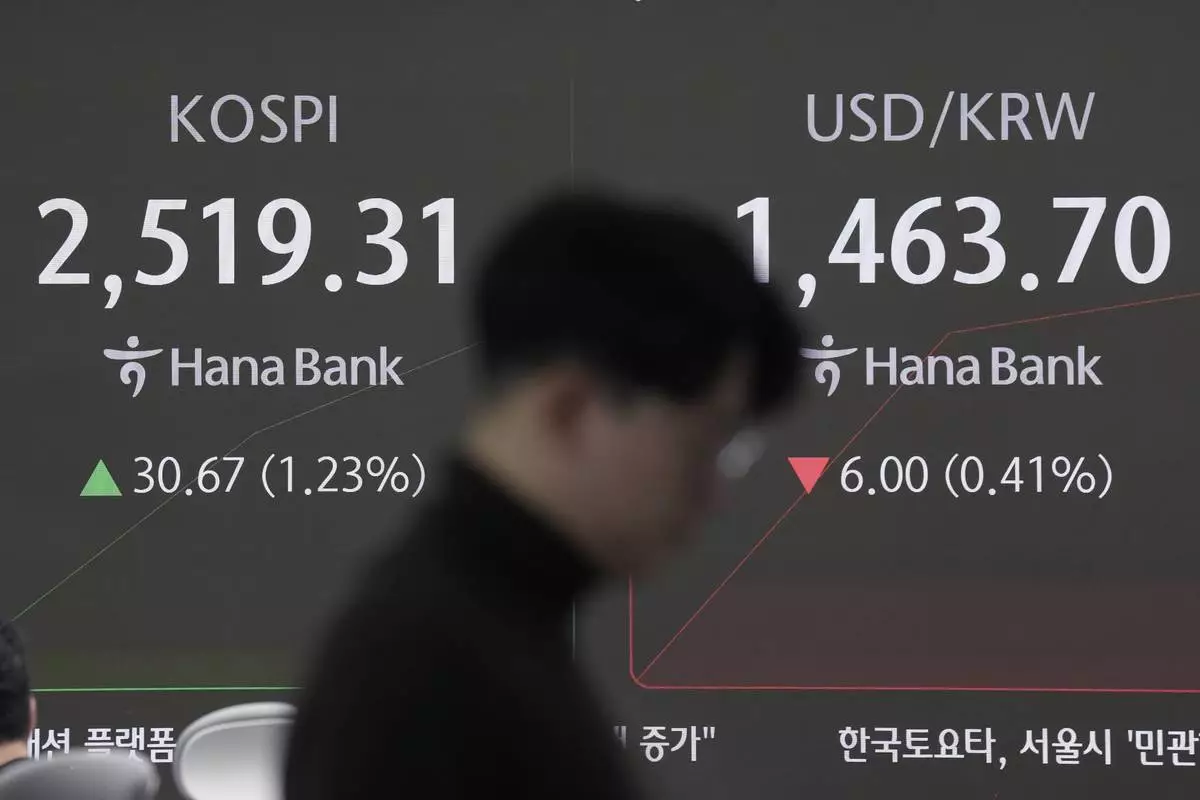
A currency trader passes by a screen showing the Korea Composite Stock Price Index (KOSPI), left, and the foreign exchange rate between U.S. dollar and South Korean won at the foreign exchange dealing room of the KEB Hana Bank headquarters in Seoul, South Korea, Tuesday, Jan. 7, 2025. (AP Photo/Ahn Young-joon)
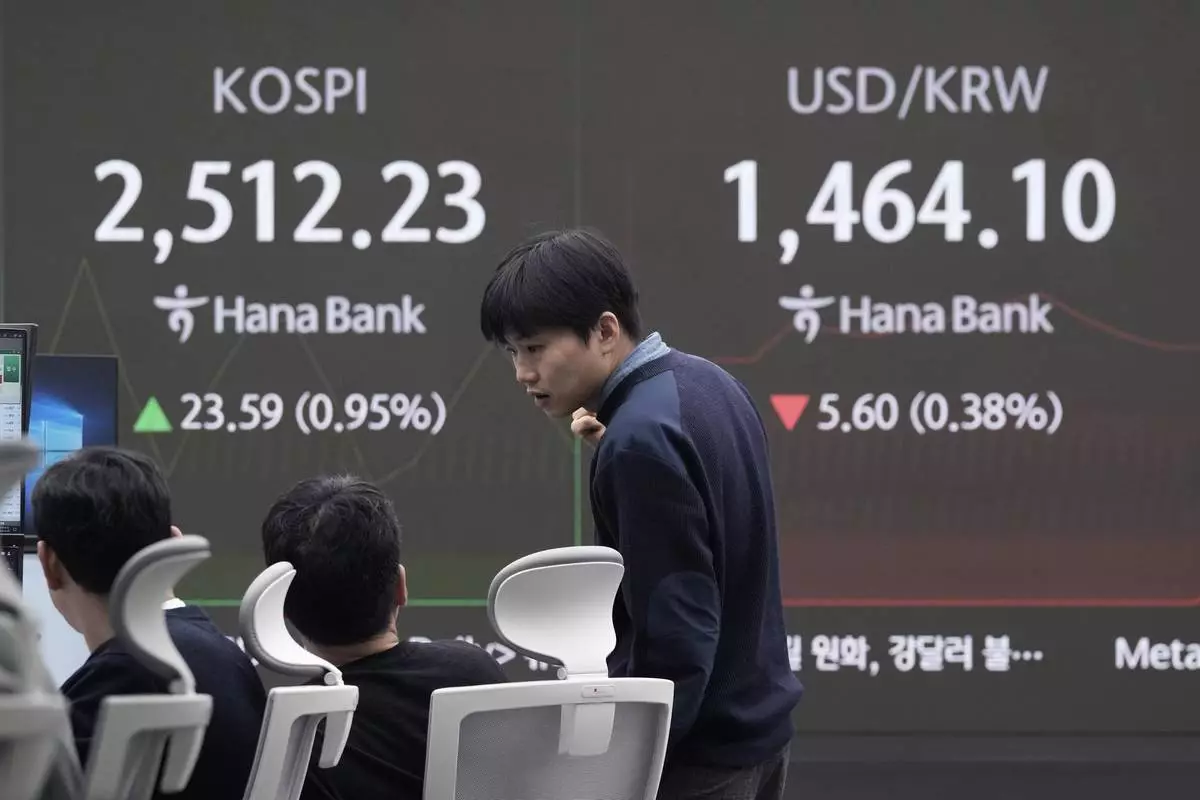
A currency trader works near a screen showing the Korea Composite Stock Price Index (KOSPI), left, and the foreign exchange rate between U.S. dollar and South Korean won at the foreign exchange dealing room of the KEB Hana Bank headquarters in Seoul, South Korea, Tuesday, Jan. 7, 2025. (AP Photo/Ahn Young-joon)


